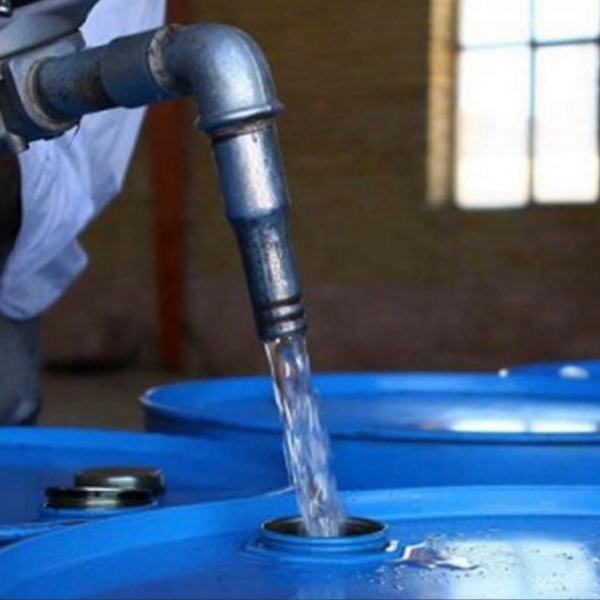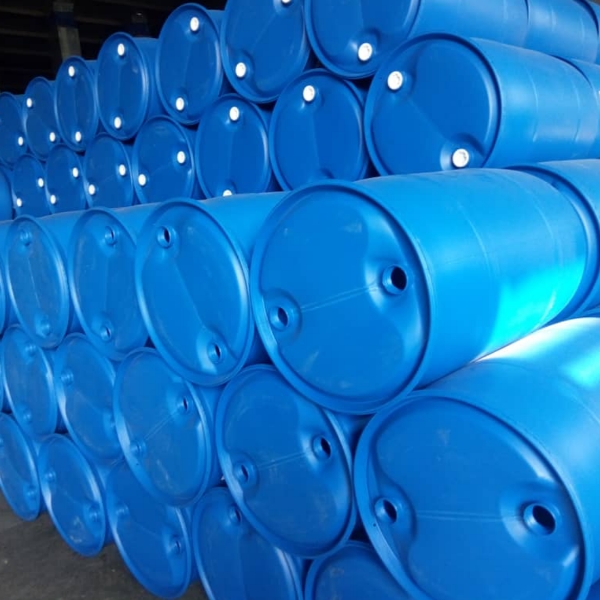
What is Liquid Paraffin?
Liquid Paraffin, also known as mineral oil or white oil, is a highly refined, colorless and odorless mixture of hydrocarbons derived from petroleum. It is a clear, oily liquid that is insoluble in water and has a low viscosity, which makes it useful in a wide range of applications.
Liquid paraffin is commonly used as a lubricant, a laxative, a moisturizer, and as a base for cosmetic and pharmaceutical preparations. It is also used in the food industry as a processing aid and as a component in some food products.
One of the unique properties of liquid paraffin is its ability to act as a barrier, protecting the skin from moisture loss and external irritants. This makes it a popular ingredient in skincare and personal care products, such as lotions, creams, and ointments.
However, it is important to note that prolonged and excessive use of liquid paraffin as a laxative can lead to vitamin deficiencies and absorption issues, and it should only be used under medical supervision.
Quality of Liquid Paraffin
The quality of liquid paraffin depends on the refining process it undergoes, as well as its physical and chemical properties.
High-quality liquid paraffin should be highly refined to remove impurities and contaminants, resulting in a clear, colorless, and odorless liquid. It should also have a consistent viscosity and density, and be free of any solid particles or sediment.
In addition to its physical properties, the quality of liquid paraffin can also be determined by its chemical composition. The purity of the hydrocarbons that make up the liquid paraffin should be high, with minimal levels of aromatic hydrocarbons and other impurities.
It is important to note that the quality of liquid paraffin can vary depending on its intended use. For example, liquid paraffin used in the food industry must meet strict purity and safety standards, while liquid paraffin used in industrial applications may have different specifications.
Overall, high-quality liquid paraffin should be safe, pure, and free of impurities or contaminants, and should meet industry-specific standards and regulations.
History of Liquid Paraffin
The history of liquid paraffin can be traced back to the mid-19th century, when oil was first discovered in Pennsylvania in the United States. At the time, oil was primarily used for lighting and as a lubricant for machinery, but it was soon discovered that the hydrocarbons in oil had a wide range of other uses.
In the early 20th century, advances in refining techniques led to the development of highly refined liquid paraffin, which was used in a variety of applications, including as a laxative, a lubricant, and a cosmetic ingredient.
During World War II, liquid paraffin was used as a hydraulic fluid in aircraft and other military equipment. After the war, its use expanded into a wide range of industrial applications, such as in the manufacture of plastics, rubber, and other chemical products.
In the 1960s and 70s, concerns over the environmental impact of petroleum-based products led to increased research into alternative sources of energy and materials. While liquid paraffin remains an important industrial material, its use has become more regulated and controlled in recent years, as environmental and safety concerns have become more prominent.
Overall, the history of liquid paraffin reflects the broader history of the petroleum industry, and its evolution from a simple source of fuel to a complex chemical feedstock with a wide range of applications.
Usages of Liquid Paraffin
Liquid paraffin has a wide range of uses in various industries, including:
Personal care products: Liquid paraffin is commonly used in skincare products such as moisturizers, lotions, and creams, as it helps to hydrate
and protect the skin.
Pharmaceuticals: Liquid paraffin is used as a base for various pharmaceutical formulations, including ointments, laxatives, and ear drops.
Food industry: Liquid paraffin is used as a processing aid in the food industry, and is used to coat fruits and vegetables to enhance their shelf
life and appearance.
Industrial lubricants: Liquid paraffin is used as a lubricant for machinery in various industrial applications, due to its low viscosity and ability to
reduce friction.
Veterinary medicine: Liquid paraffin is used as a laxative and to treat constipation in animals.
Cosmetics: Liquid paraffin is used in a variety of cosmetic products, including lipsticks, lip balms, and hair care products.
Textiles: Liquid paraffin is used in the textile industry as a lubricant and softener for fibers.
Automotive industry: Liquid paraffin is used in the automotive industry as a lubricant and coolant in hydraulic systems.
Overall, the versatility and wide range of applications of liquid paraffin make it a valuable industrial material with many important uses.
Packing of Liquid Paraffin
Liquid paraffin is typically packed and sold in containers made of materials that are compatible with petroleum-based products, such as plastic, glass, or metal. The most common packaging sizes for liquid paraffin are:
Bottles: Liquid paraffin is often sold in plastic or glass bottles with screw-on or flip-top lids. These are typically available in sizes ranging from small bottles of 50 ml or less to larger bottles of several liters.
Drums: For industrial applications, liquid paraffin is often sold in large drums made of metal or plastic. These can range in size from 50 liters to several hundred liters.
Tanker trucks: For very large industrial applications, liquid paraffin may be transported and stored in tanker trucks, which can carry several thousand liters of the product at a time.
Regardless of the packaging size, it is important to handle and store liquid paraffin carefully, as it is flammable and can pose a fire hazard if not properly handled. It should be stored in a cool, dry place, away from sources of ignition, and kept out of reach of children and animals.

.jpg)
.jpg)
.jpg)
.jpg)
.jpg)
.jpg)